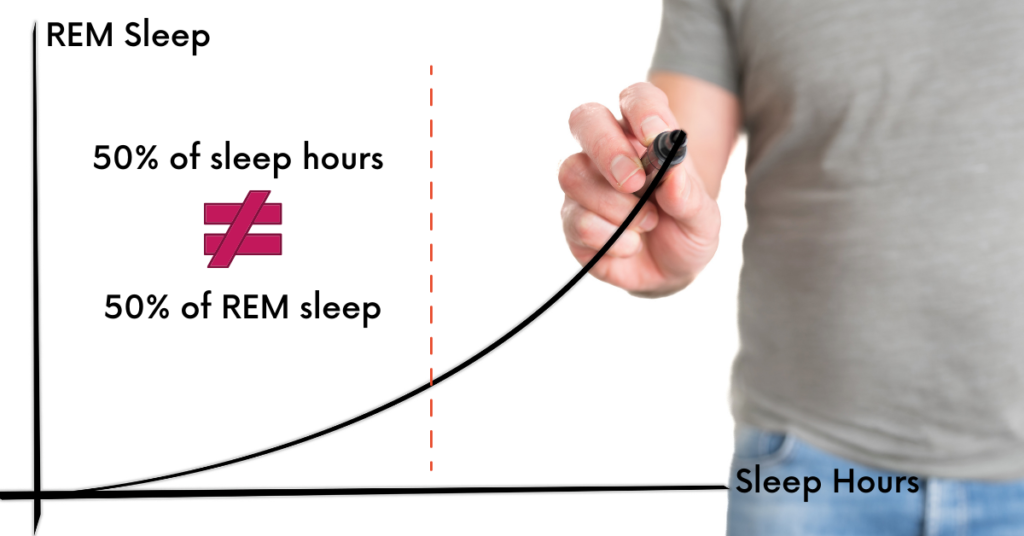Many of us often feel that sleep is a want, a luxury instead of a necessity. We sleep late and wake up early just to have those extra few hours of the day to engage in some sort of conscious activity. We have also heard our parents or caretakers often nag at us to go to bed in time, but we constantly question, “What’s the big deal?”. For all of us who require a logical explanation in order condemn our body to sleep on time or sleep a fixed 8 hours daily, below is what you have been waiting to learn.
We are all aware that sleep helps our bodies refresh and reprogram so that we are ready for another hectic day in our lives. But what really happens when you sleep?
The Sleep Cycle
During a normal sleep cycle, we go through 4 stages. These stages consist of both rapid eye movement (REM) stages and non-REM (NREM) stages. The technicality of these terms is not what is important to understand. What is key here is that you know which stage certain processes occur in.
NREM Stage 1
This stage occurs at the first few minutes (5-10) of sleep where you are still transitioning between wakefulness and sleep states.
NREM Stage 2
In this stage, you become less aware of your surroundings, body temperature drops, and prepare for the deeper sleep stages.
NREM Stage 3
By this stage, your muscles will be completely relaxed. If you acquire enough NREM stage 3 sleep, you will feel physically refreshed and ready for the next day.
REM Sleep
This stage begins approximately ~90 minutes into your sleep cycle. In this stage, your body is relaxed and immobilized. The key significance of this stage is that in REM sleep, your memories are consolidated and strengthened. The importance of this will be stressed soon.
The four stages listed above progress from NREM stage 1 to NREM stage 2 (first), to NREM stage 3, back to NREM stage 2 (second), before finally reaching REM sleep. Once one cycle is complete, the body reverts back to the NREM stage 2 (first) and repeats the process.
Here is what’s interesting. As sleep hours pass, the amount of time spent in NREM stages decreases while the amount of time spent in REM sleep increases. This means that the amount of REM sleep we acquire increases exponentially across the sleep hours.

Importance of that extra hour of sleep
We require 8 hours of sleep in order to have sufficient REM sleep that allows proper memory consolidation. If you cut that amount in half and sleep for 4 hours, you should be aware that you are getting way lesser than 50% of that REM sleep. This is due to the exponential nature of growth we discussed above.
Therefore, if you study at night for a test, burn the midnight oil and sleep for only a couple of hours hoping that you will wake up with a strong memory of what you have studied, the opposite will in fact be true.
If you take a short nap after a physically tiring day, it is reasonable to expect to feel physically refreshed after the nap as the NREM stages are responsible for physical replenishment.
The key takeaway is that if you don’t let your body through the later hours of sleep, your brain suffers a large and intense lack of REM sleep. This will result in poor memory as well as added mental stress to the body over time.
You may have noticed that some people who perform well at school or at work mention that they do nothing different from you except for the fact that they go to bed slightly earlier. Even though it may seem like a small variation, the results over time can be exemplary. Therefore, whenever possible, allow your body to get that full 8 hours of sleep and you will see observable changes in your daily life.
Share this article with others and help them understand this critically misunderstood issue!


Pingback:The Power of the Mind • Holistic Health Boost
Very informative!